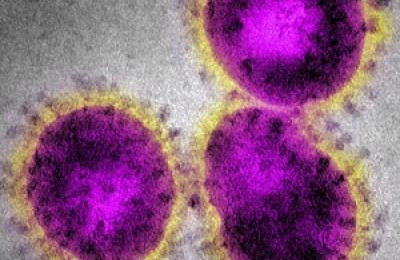Mental health of Guatemalan health care workers during the COVID-19 pandemic: baseline findings from the HEROES cohort study
Objectives
To assess the baseline prevalence of mental health conditions and associated exposures in a cohort of health care workers (HCWs) in Guatemala.
Methods
We analyzed baseline information from 2020 Web-based COVID-19 Health Care Workers Study (HEROES)–Guatemala. Outcomes included mental distress and depressive symptoms. Exposures included COVID-19 experiences, sociodemographic characteristics, and job characteristics. We used crude and adjusted Poisson regression models in our analyses.















